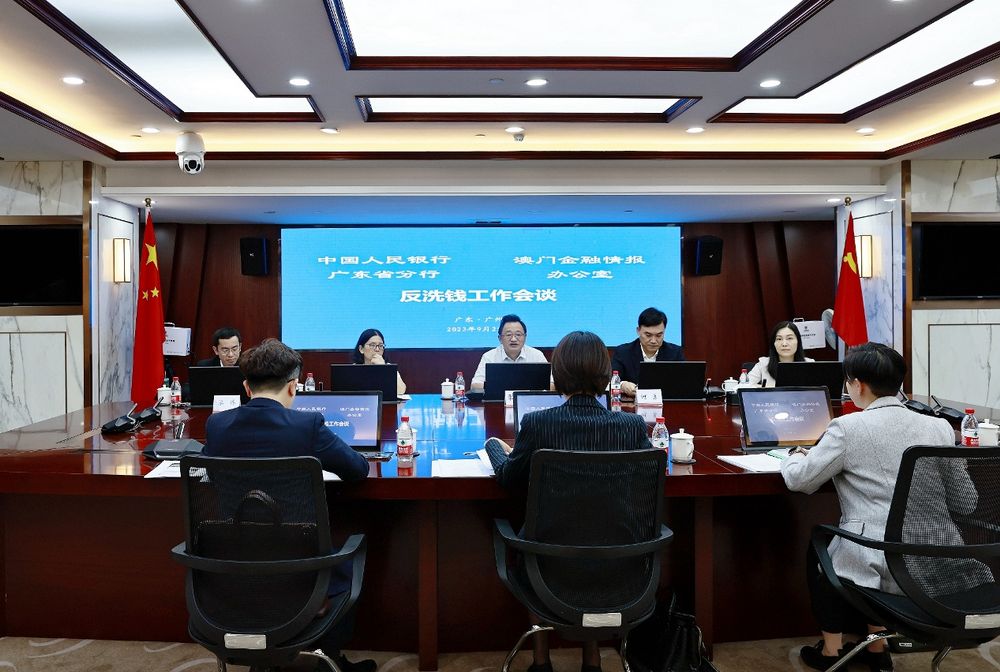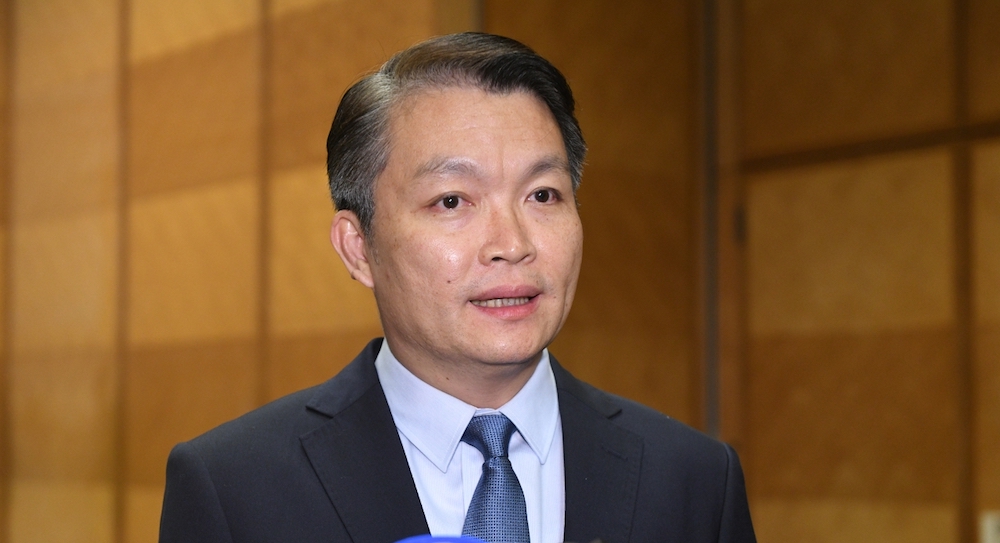New delhi, september 19, 2025 — India’s recent ban on online real-money gaming (RMG) under the Promotion and Regulation of Online Gaming Bill, 2025, has triggered a significant increase in offshore betting activities. Following the ban, prominent domestic platforms like Dream11 and WinZo have halted cash-based games, driving millions of players to unregulated foreign websites.

These offshore operators exploit VPN and proxy services to bypass restrictions, offering attractive bonuses but exposing users to risks such as fraud and gambling addiction. Authorities have noted a parallel rise in cybercrime incidents and financial distress among Indian gamblers since the law’s enforcement.
Union minister for electronics and IT, Ashwini Vaishnaw, described the bill as “a necessary intervention to protect society from the escalating harm caused by unregulated real-money gaming.” He emphasized the government’s commitment to prioritizing public safety over industry interests, acknowledging enforcement challenges but reaffirming the intent to reduce addiction, fraud, and money laundering through these measures.

The ban, formalized in the Promotion and Regulation of Online Gaming Bill, 2025, prohibits cash-prize games except those classified as eSports or casual social games. It empowers regulators with expanded authority, including warrantless searches and server seizures, and restricts celebrity endorsements of prohibited platforms. Enforcement complexities persist due to offshore operators located in tax havens, their use of domain-hopping tactics, and circumvention of Section 69A of the IT Act through cryptocurrency payments and surrogate applications.

Economically, the ban disrupts India’s rapidly growing ₹3.7 billion gaming sector, leading to layoffs and shutdowns within domestic operators. Meanwhile, offshore platforms exploit regulatory gaps, intensifying market fragmentation and complicating consumer protection efforts.
This dynamic raises concerns about increased financial vulnerability for users and mounting challenges in combating cyber-enabled fraud and money laundering.








































